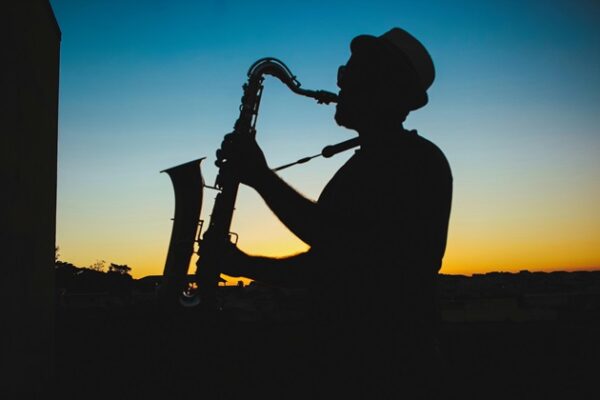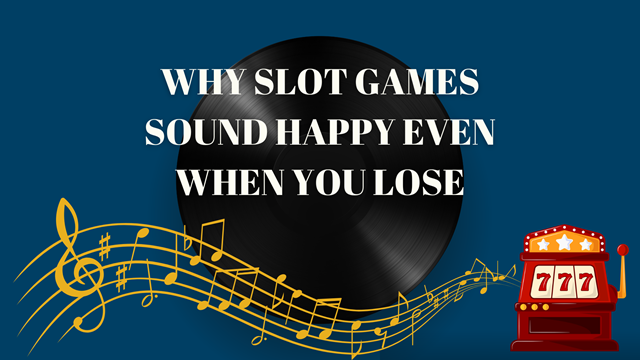The blues, a genre deeply embedded in the American musical landscape, finds its echo in the gritty reality of urban life. Its roots can be traced back to the African-American communities of the Deep South but it has since migrated, evolved, and embedded itself into the concrete jungles of America’s bustling cities. This musical journey from rural to urban settings not only changed the sound of the blues but also its influence on society.

The Migration from Cotton Fields to Metropolitan Centers
The Great Migration was a pivotal movement during the early 20th century, seeing millions of African Americans move from the rural Southern states to the industrial cities of the North and Midwest. Cities like Chicago, Detroit, and New York became melting pots of cultural exchange and musical innovation. In these urban settings, the acoustic, rural blues of the Mississippi Delta met the sounds of urban life, leading to the birth of urban blues. The electrification of the guitar was a game-changer, adding a new intensity and edge that mirrored the industrial noise of the cities.
Chicago The Epicenter of Urban Blues
Chicago quickly became the epicenter of this new kind of blues. The city’s large population of African-American migrants brought their musical heritage with them, which blended with the urban environment to create a distinct sound. The city’s unique contribution to the genre is characterized by several key developments:
- Electrification of Instruments: As migrants from the South brought their music to the north, Chicago artists began incorporating electric guitars, harmonicas, and basses. This electrification added a new layer of intensity and volume to the music, making it more resonant in noisy, lively urban settings.
- Influential Artists: Chicago became home to some of the most influential blues musicians who would shape the genre for generations. Muddy Waters, Howlin’ Wolf, and Buddy Guy are just a few of the legendary names associated with the Chicago blues scene. Their innovative use of electric instruments and powerful lyrical content reflected the realities of urban life and influenced countless artists across various music genres.
- Chess Records and Recording Boom: The founding of Chess Records in the late 1940s by Phil and Leonard Chess marked a significant milestone. The label not only recorded some of the biggest names in blues but also played a crucial role in the commercialization of blues music, bringing Chicago blues to a global audience.
- Cultural Impact: The sound of Chicago blues is steeped in the socioeconomic conditions of its era, speaking to themes of migration, industrialization, and urban hardship. This music became a voice for African American experiences and struggles, cementing its place as a cultural and artistic force.
- Legacy and Influence: The legacy of Chicago’s blues is not confined to its past; it continues to influence modern music. The city’s commitment to preserving this musical heritage is evident in its vibrant live music scene, numerous blues bars, and the annual Chicago Blues Festival, which attracts musicians and audiences from around the world.
Chicago’s role in shaping the urban blues genre is a testament to the city’s dynamic cultural landscape and its ability to adapt and evolve music that continues to inspire and resonate. For those planning a visit to delve deeper into this rich musical heritage, finding affordable hotels near Chicago Riverwalk can enhance the experience, placing you in the heart of the city close to both historic blues venues and vibrant cultural attractions.

Recording and the Spread of Blues
The urban blues gained momentum in the mid-20th century as record companies began to see the commercial potential of the genre. The commercial recording of blues music marked a turning point in its history, catapulting what was once a regional sound into a global phenomenon. In the early to mid-20th century, as record labels began to see the potential in blues music, they started to invest in recording artists from various blues epicenters, especially Chicago. This movement was significantly bolstered by labels like Chess Records, which became synonymous with the blues genre.
Chess Records, among others, played a pivotal role by bringing artists into the studio who had been honing their craft in smoky bars and local clubs. These recordings captured the raw, emotional intensity of the blues, which resonated with a wide audience, spreading the sound far beyond its urban origins. Not only did these records help to preserve the nuances of the genre, but they also facilitated cross-cultural exchanges, influencing rock, jazz, and other musical forms.
Moreover, the proliferation of blues records helped forge a sense of identity and community among listeners and musicians alike, bridging geographic and racial divides. The records served as a testament to the struggles and expressive power of African American communities, leaving an indelible mark on the cultural landscape of America and beyond. As these recordings traveled, they carried with them the seeds of change, influencing new generations of artists around the world.
Influence on Other Genres
The urban blues had a profound influence on other musical styles. It laid the groundwork for the development of rock ‘n’ roll in the 1950s and 1960s. Artists like Chuck Berry and Elvis Presley drew heavily from the blues, blending it with country and other influences to create rock music. Furthermore, the urban blues set the stage for the emergence of R&B and soul music, genres that would dominate the airwaves in the subsequent decades. The blues’ impact can still be felt today in contemporary music, showing its enduring appeal and influence.
Blues and Urban Identity
The evolution of blues music is deeply intertwined with the identity of the American city. It reflects the economic changes, social struggles, and cultural shifts that have shaped urban life. The blues is not just a musical genre; it is a narrative of survival and a testament to the resilience of those who migrated in search of a better life. It tells stories of love, loss, and the fight for personal freedom, themes that are universal and continue to resonate with audiences.
Preserving the Legacy
Today, the urban blues continues to thrive in cities across America, preserved by dedicated musicians and celebrated in numerous festivals and live music venues. In Chicago, clubs like Buddy Guy’s Legends continue to host live blues performances, keeping the tradition alive. Efforts to preserve the history of blues music include museums, documentaries, and educational programs that teach new generations about the genre’s rich heritage and its significance.
Exploring the roots of blues in urban landscapes reveals not just the history of a musical genre but also a broader story of cultural resilience and transformation. The blues remains a powerful mirror reflecting the ongoing challenges and triumphs of life in America’s cities. Its persistent evolution and adaptation remind us that the blues, much like the cities it echoes, is ever-changing yet timeless in its influence and relevance.





